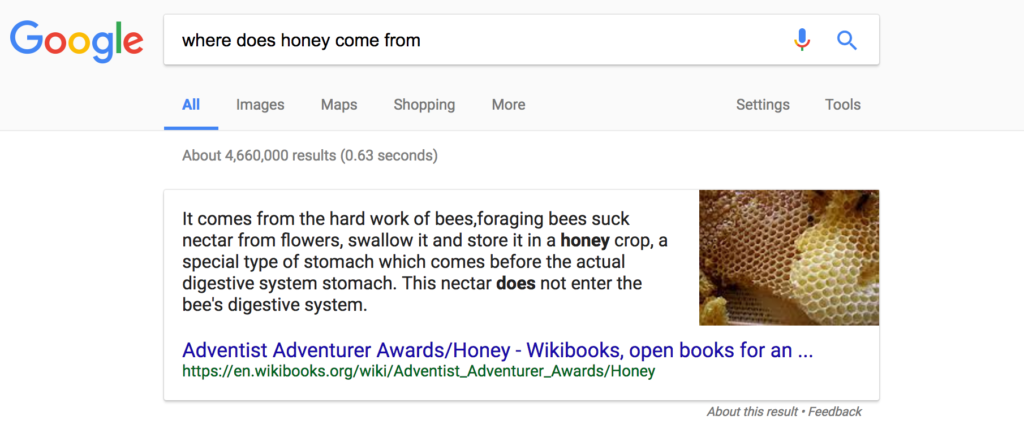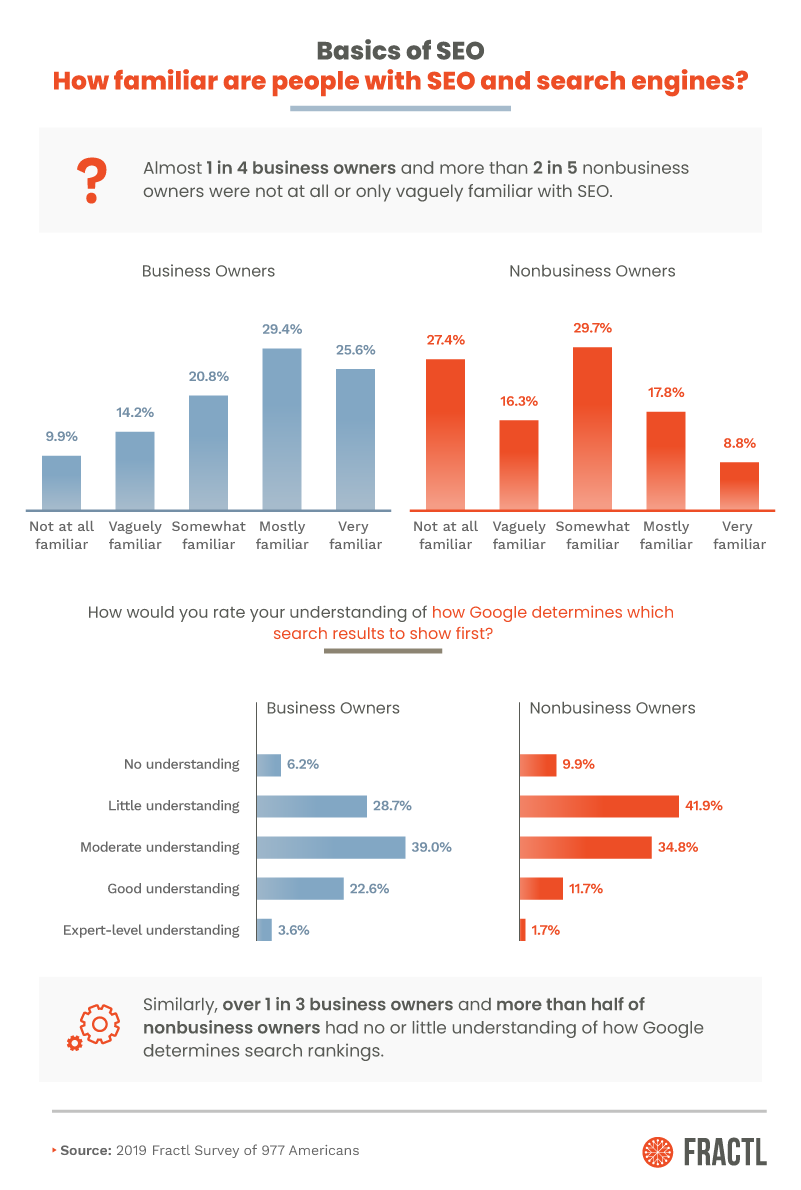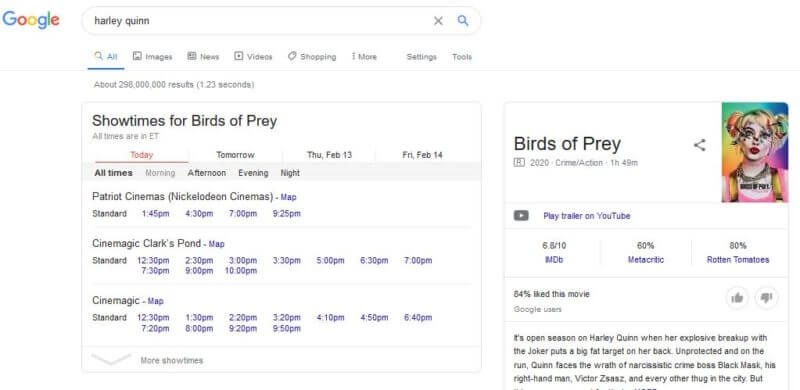Google is making a change to how featured some featured snippets function by taking users directly to the associated text when clicked.

Featured snippets are the highlighted search results that appear at the top of some results pages, showing a specifically relevant bit of text.
The company announced the update through its Google SearchLiason Twitter account, which posted:
“As we have done with AMP pages since December 2018, clicking on a featured snippet now takes users to the exact text highlighted for HTML pages, when we can confidently determine where the text is.”
While it is a relatively small change, it makes featured snippets even more useful to searchers (and thus, more essential for businesses to put in place).
Surprisingly, the company says there is no additional code or special markup needed to prepare your featured snippets for this change.
Instead, the search engine is essentially using a trick that highlights specific text by tweaking the URL for each snippet.
As Roger Montti explained over at Search Engine Journal, this is a feature previously used for Accelerated Mobile Pages (AMP), which has the dual benefits of being easy to implement and trackable.






